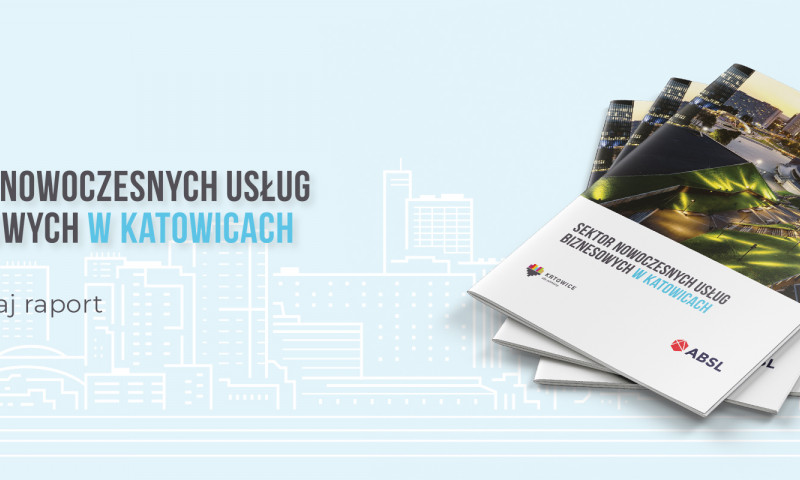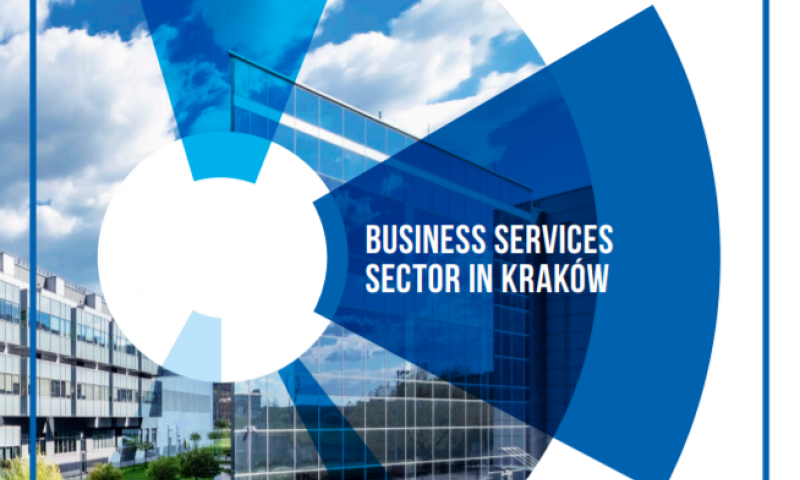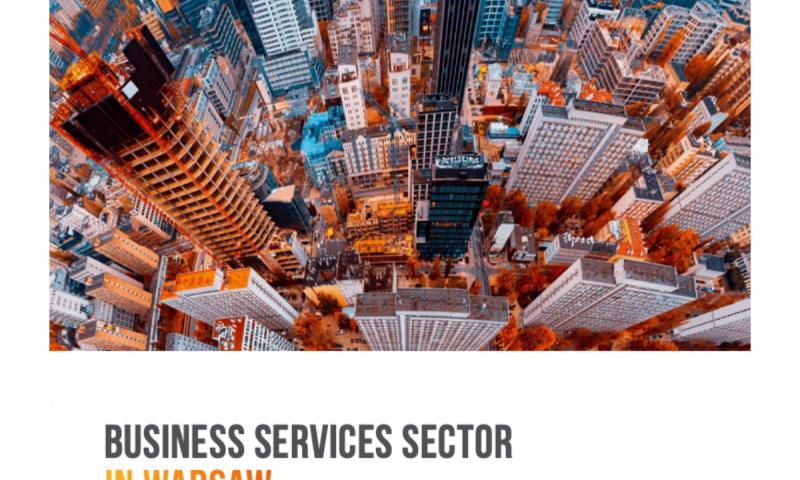Flex space as a safety cushion for companies
Although the pandemic had initially halted the expansion of flexible operators, the loosening of restrictions meant that activity in this market would return. Flex space currently accounts for 3.3% of total office supply in Poland, which is the fifth best result in the EMEA region, according to the latest Colliers report titled “Flexpansion 2021”. In 2022, further openings are planned in Warsaw and regional cities. Small and medium-sized modules, which are currently the most popular, are becoming a scarce commodity in city centres. More and more organizations are looking at incorporating flex space as an important tool to optimize risk and diversify their real estate portfolio. This trend is being noticed by office property owners who view flex spaces as a necessary amenity in a complex. This is in response to numerous requests from clients for access to this type of space in large office complexes.
The COVID-19 pandemic accelerated some processes that we could already see. It has forced a large number of companies to switch to remote or hybrid work, which has shown that some teams can function efficiently without the need for a traditional office. We are talking about departments that do not require constant cooperation between employees, and a large part of their duties are routine – customer service, finance, legal, procurement, HR or analytics. Analysing the needs of the individual teams, organizations are now working on new models of functioning. They are increasingly willing to expand their space with flex space, which has numerous advantages: it allows for a more mobile system of work, is a source of savings, thanks to short-term contracts provides greater liquidity, and is also an aesthetic, modern, safe and friendly space to work.
Flexibility and hybrid working model
In the absence of clear regulations on working from home and the desire for employees to return to the office, combining a hybrid work model with a flexible contract seems like a safe decision. This solution relieves companies from the responsibility associated with making a long-term decision about space and work model during a period of high uncertainty while optimizing costs by introducing a hybrid work system. Flex space decisions can be quickly and easily revised, and the flexibility offered by flex space operators provides a large buffer of security for companies.
Flexible offices are able to provide the space you need virtually immediately on a plug-and-play basis, without requiring more time or operations on your part. This means that an entire team can be moved from one office to another overnight, as flex spaces provide the necessary equipment and services. This is an extremely useful solution especially during dynamic expansion into new markets, both foreign and regional. This allows you to transfer all the outsourcing of the office to the operator, who provides the necessary equipment, Internet connection, cleaning services, security or appropriate decor. The customer, paying only one invoice, has most of the solutions provided in the all-inclusive formula. This solution does not require a large capital investment at the beginning of the contract. The money saved in this form can be used by the company for research and development of the company.
Safety first
A myth that needs to be debunked is the issue of security in flexible spaces, both in terms of data security and sanitation procedures related to the epidemic situation. The response in the flex space market to the COVID-19 pandemic was rapid and appropriate procedures to ensure user safety were in place with all major operators. In the event of sickness among coworking space users, access control allows you to quickly determine which spaces the sick person has used and with whom they may have had contact.
Flexible spaces have been used for years by financial, IT or consulting companies, and in the US even by government institutions for whom data security is a priority. Serviced office operators provide all the tools to ensure the greatest possible privacy for their clients, i.e. separate floors/sections with full access control, rooms with access only for persons indicated in the agreement, highest level of IT security, separate network or own server room. In order to meet the high expectations of the customer, operators are able, in exceptional cases, to introduce custom security features such as gates with metal detection or a special application that sends an alert to the office manager if the door to a particular sector/room is left open for too long.
Flex spaces are evolving
In Poland, the market of flexible space is dominated by Core&Flex and Managed Office models, popular among large corporations. The first one assumes supplementing a traditional office with a flexible space, the size of which is adjusted on an ongoing basis to the company’s needs (in case of an increase or decrease in headcount) or serves as a space for meetings or temporary projects. Managed Office, on the other hand, consists in focusing the entire organization, previously located in different buildings, on flexible, serviced space available exclusively to the client. This solution offers both flexibility and a sense of “privacy” as the company is the sole user of the space, part of it or a sector.
An increasingly popular trend in the flex space market that is sure to grow in the future is the design of private offices or entire floors for a specific client. Although such a solution involves signing a contract for a longer period of time than standard for serviced offices, it is still shorter and allows for more flexibility than renting a traditional office. Conversations about customizing space for a specific client are already taking place in locations that are still under construction. Planning these types of operations in advance provides more opportunities to personalize the space, something our clients are increasingly aware of and we are here to support them.
Coworking spaces with on-demand access, which allow for extreme flexibility and use of space in a module for days at a time, are also experiencing continued interest. This solution works well, for example, in the case of business trips or lack of suitable conditions to work from home. Access to over 5,000 coworking spaces in 70 countries is offered, for example, by the Colliers Mobility Pass app.
Tailor-made contract
From the tenant’s perspective, it is extremely important to properly structure the agreement, which can facilitate both the expansion and reduction of leased space. One item to consider for a planned expansion may be the right of first refusal . It will help secure the possibility of leasing additional space in the future – if it becomes available, the company with such a provision in the contract will be the first to be informed. When drafting a contract, a recruitment timeline should be taken into consideration to plan the expansion accordingly.
In the case of issues such as access safety or working conditions, it may be helpful to take advantage of expert advice, who will additionally check flex spaces functioning on the market in terms of, among others, location, sanitary procedures, number of square meters per person, service quality, SLA standards, parking spaces, BREEAM certification or facilities for cyclists.
A commentary by Jakub Bartoszek, Director | Flex Strategy Advisory, Office Agency, Colliers









